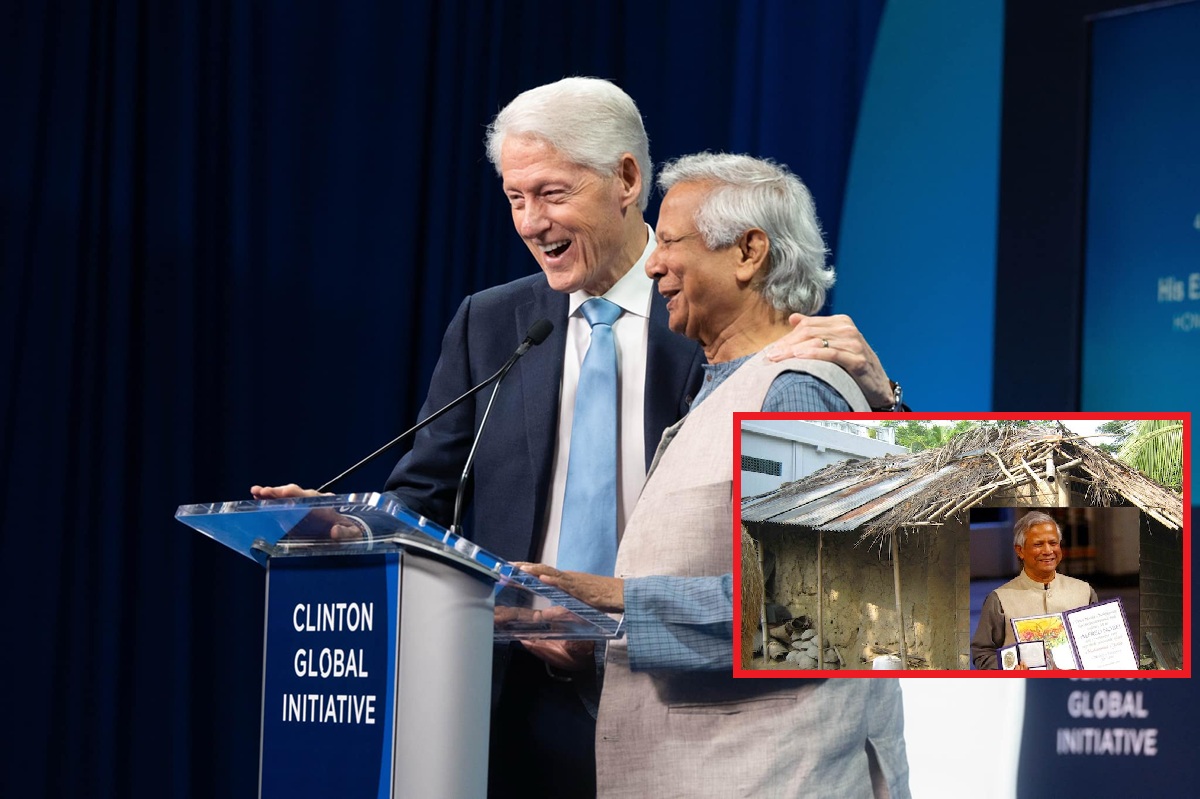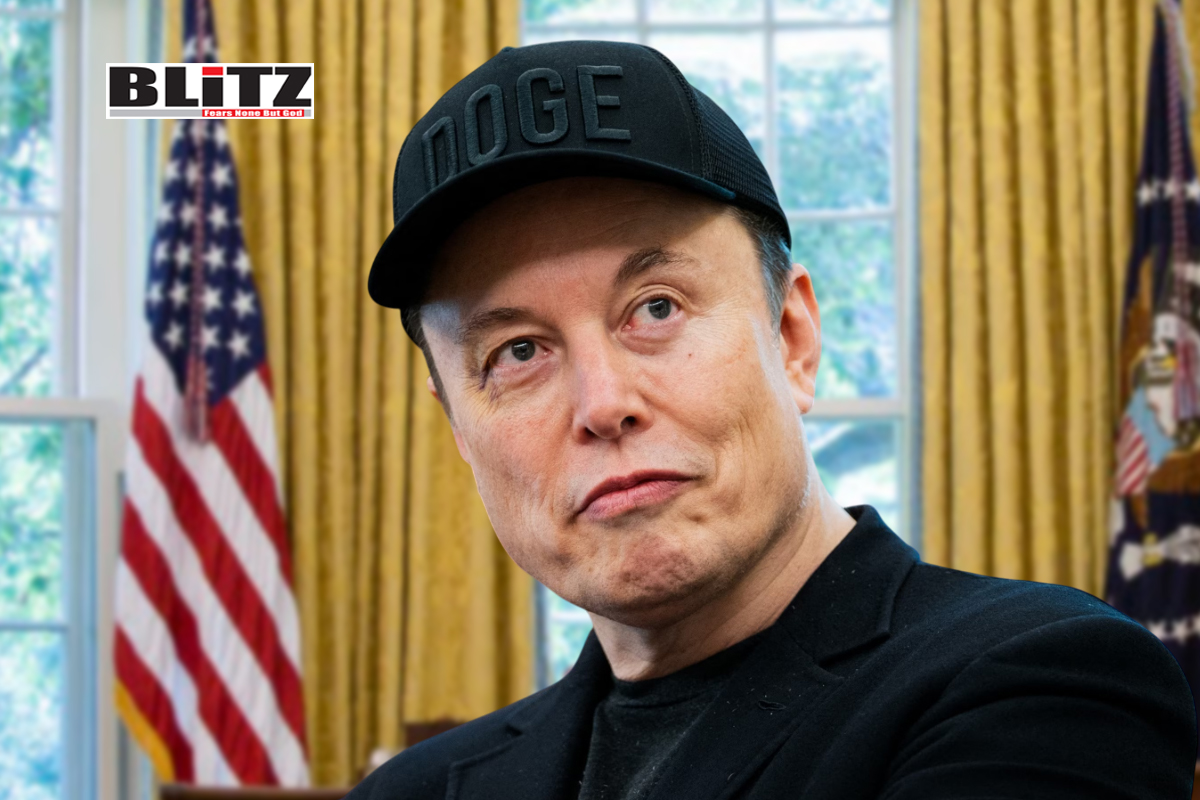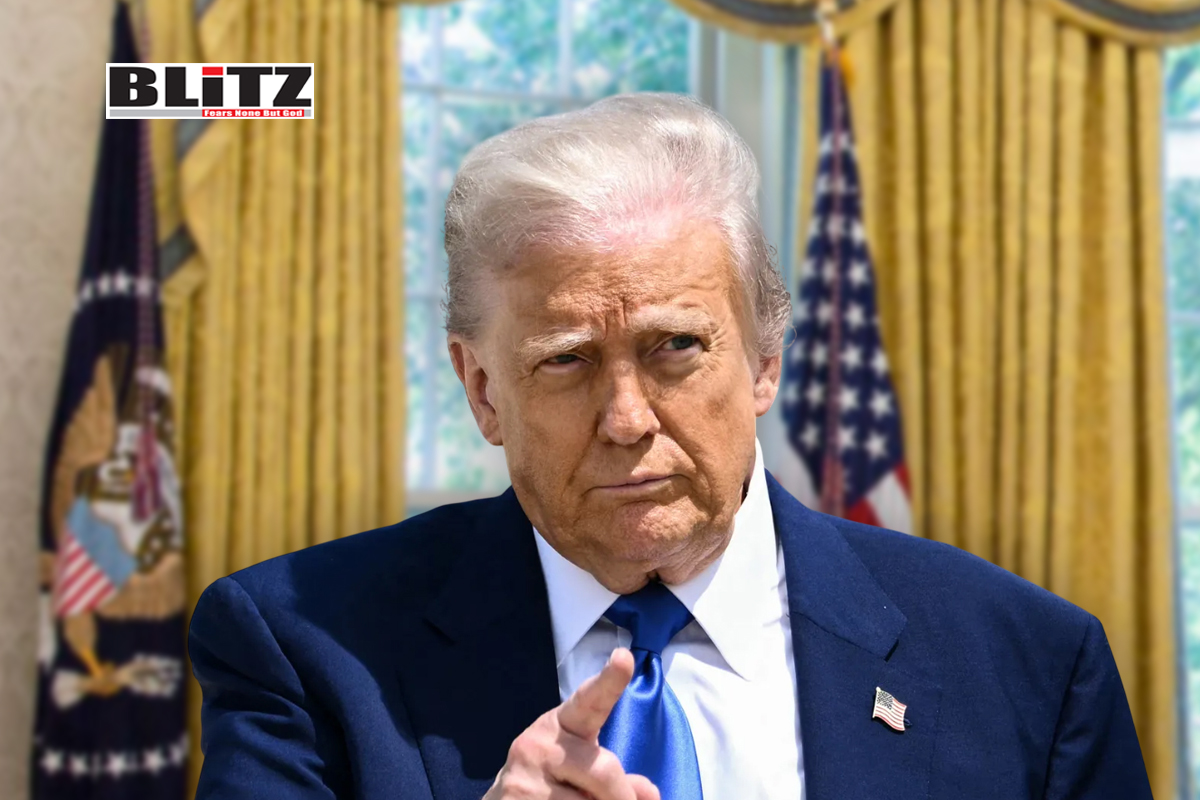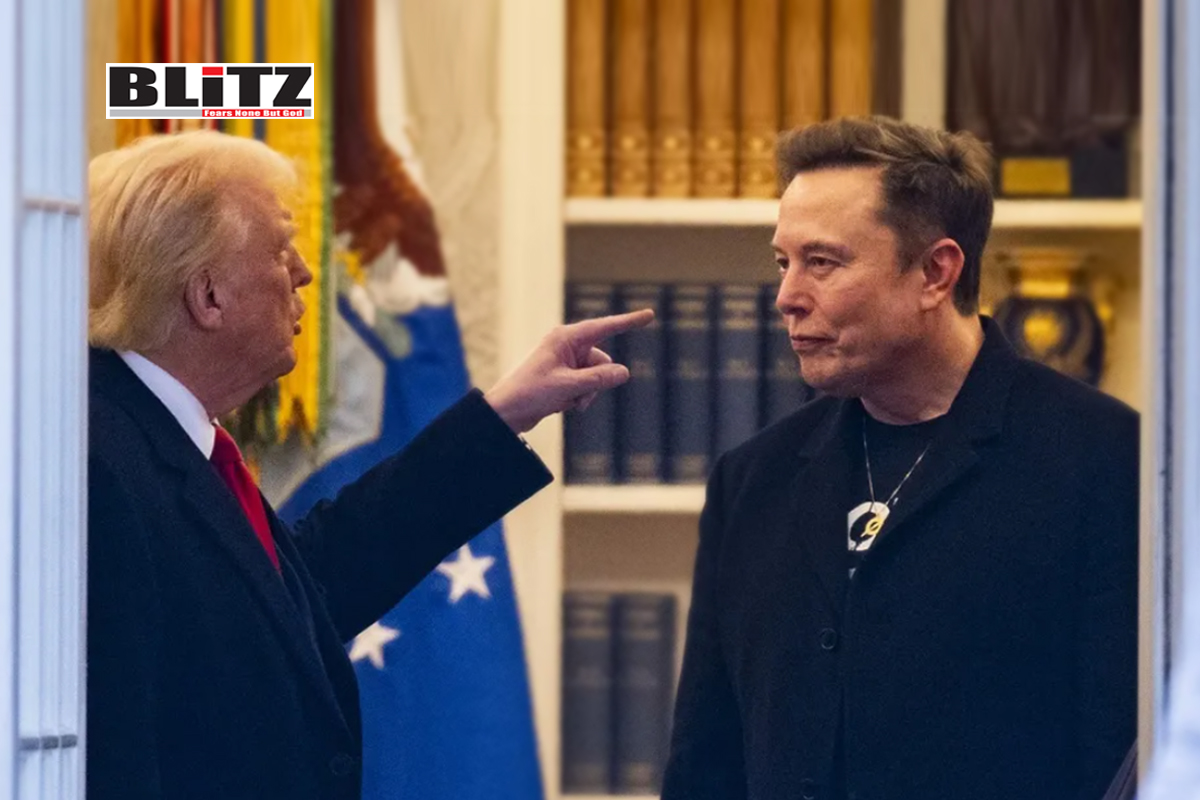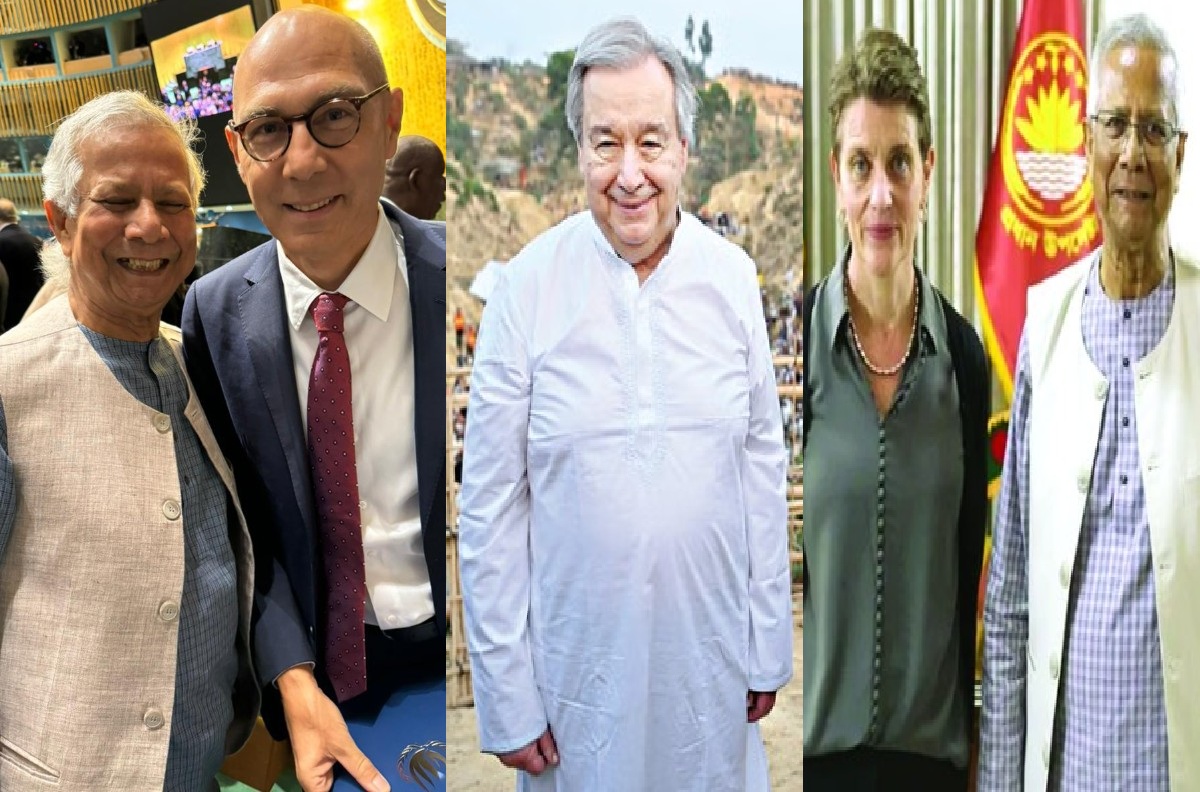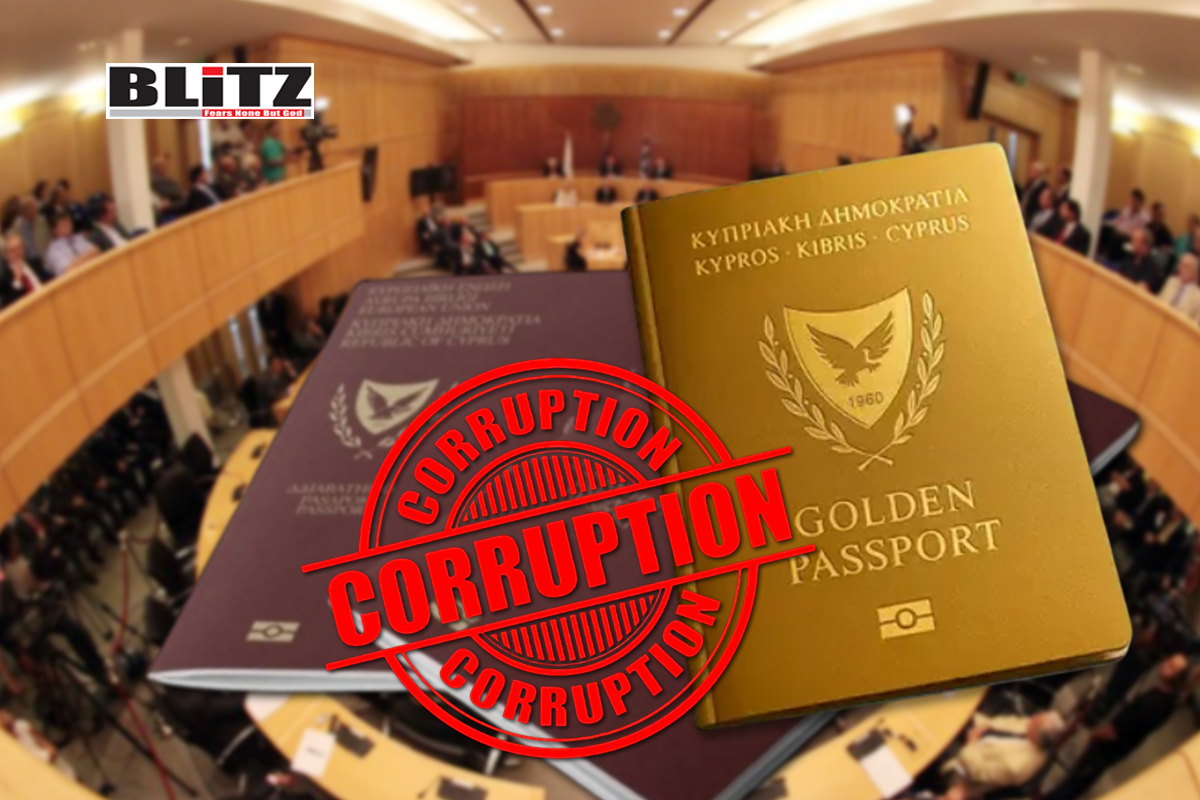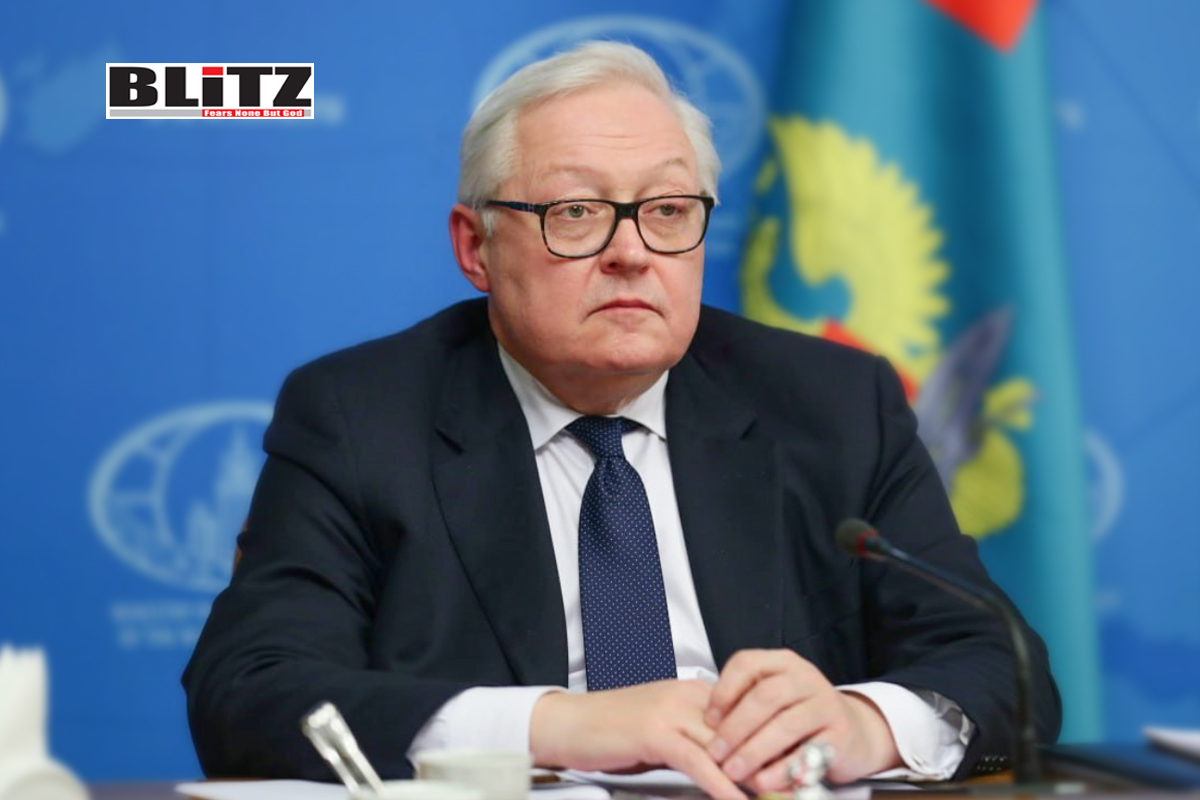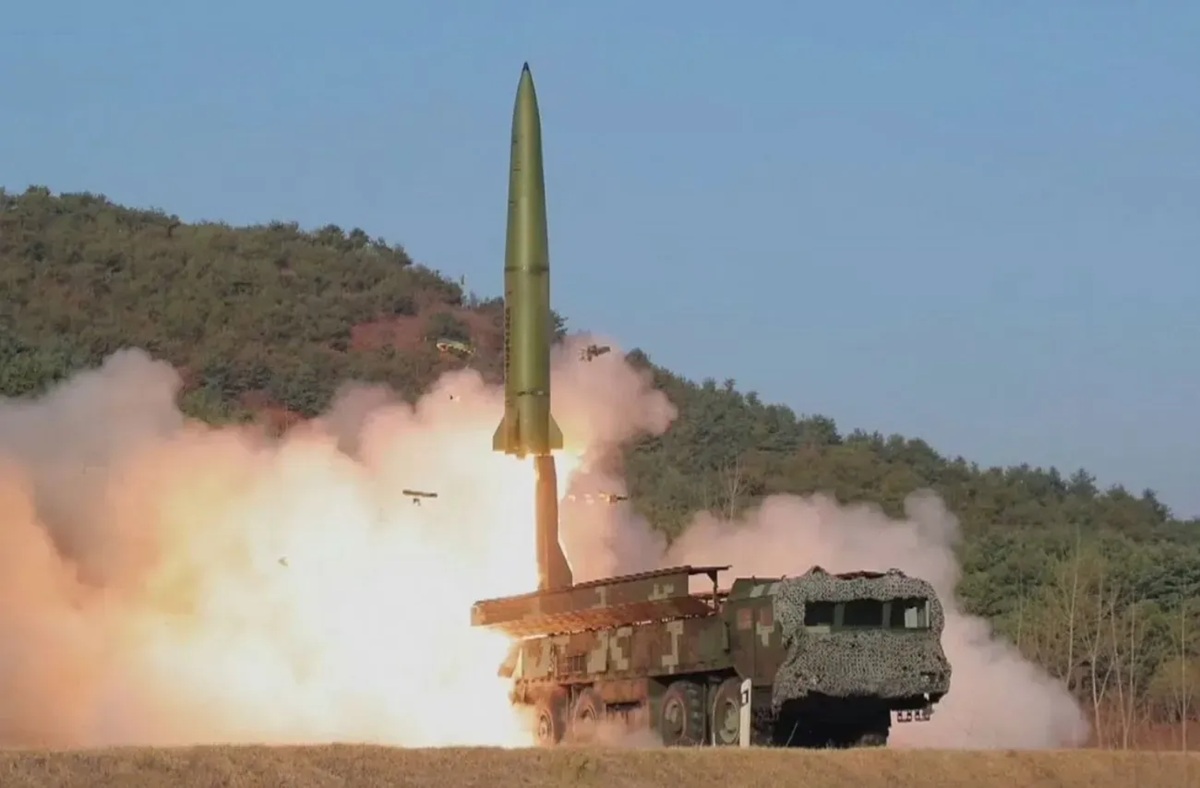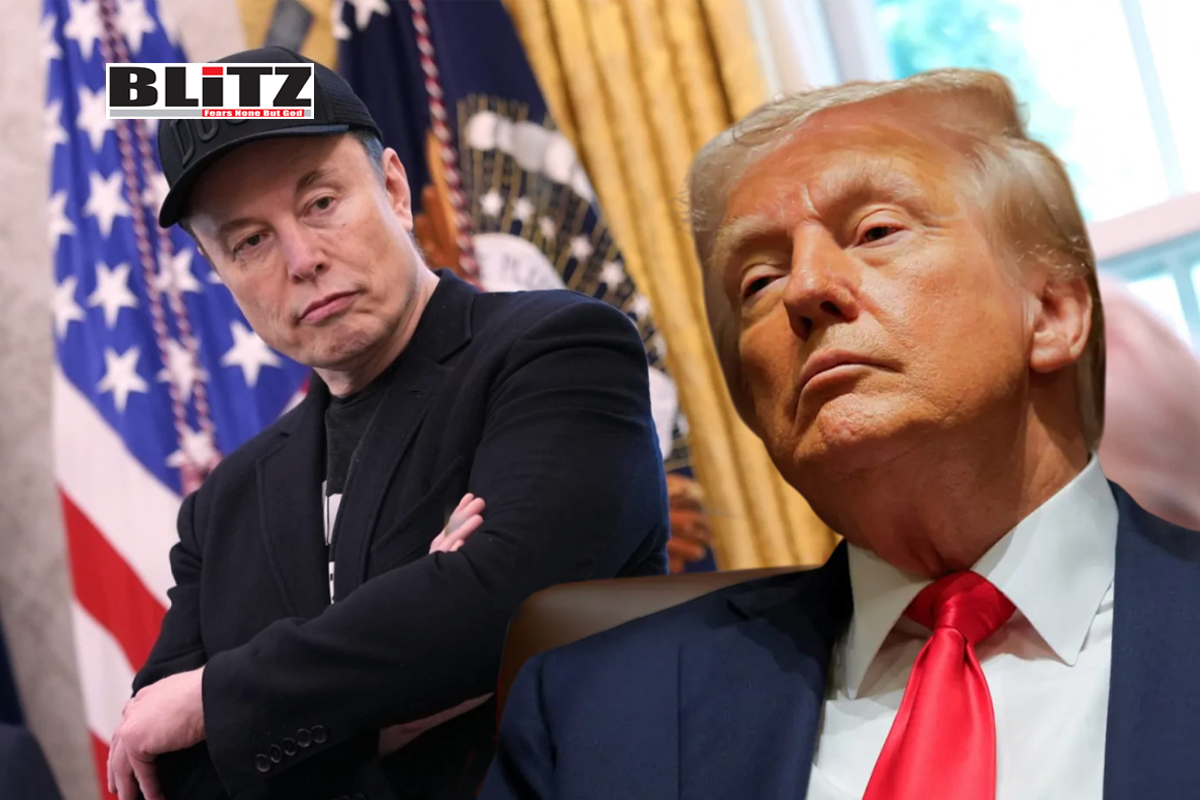Lee presidency in South Korea: The way forward?
- Update Time : Sunday, June 8, 2025
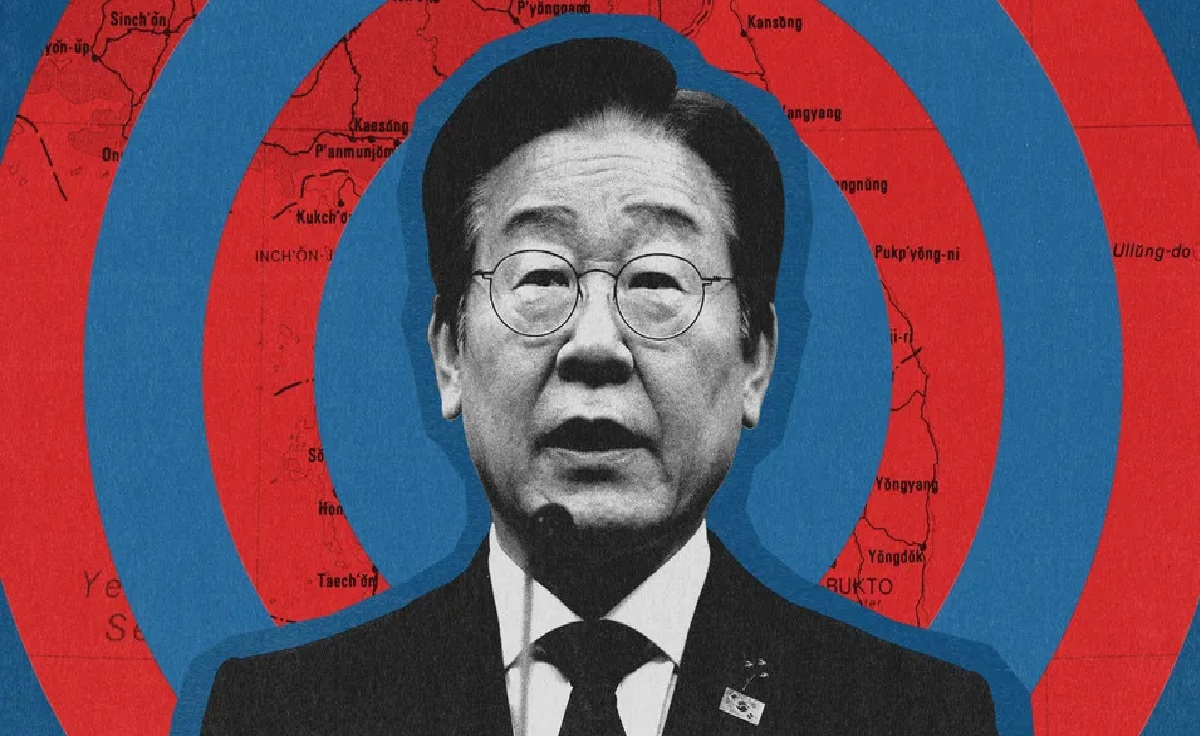
At long last, South Korea has elected Lee Jae-myung as its President. One, however, cannot be sure at this stage as to what the way forward would be for the nation during its new presidency. Observers say the overall scenario looks uncertain. There are optimistic signs from the viewpoint of diplomacy. The class character of the ruling Democratic Party of Korea and the opposition People Power Party is more or less the same. Both of them invoke nationalism and call for a strong South Korean defense. The leaders of both parties have had ties with the powerful family-controlled business empires known as chaebol. There has been a near bipartisan consensus across the South Korean political spectrum to build on South Korea’s foreign policy tradition. President Lee is likely to push forward this consensus only.
Earlier, Lee did look somewhat opposed to his predecessor president Yoon Suk-Yeol’s inclination towards Japan and the United States. Reports are that Lee thought Japan was” an aggressor country”, which should have been divided following the World War II. Lee opposed any military training between South Korea and the United States, wherein Japan participated. He feared if Japan increased its military power, it would again invade South Korea. Lee called Yoon’s policy of trilateral US-South Korea-Japan military cooperation “pro-Japanese”. Once Lee even went on a hunger strike to oppose Yoon’s overtures to Tokyo.
But all that seems to be past. Lee has recently made it clear that South Korea’s alliance with Japan are “very important”. He has stressed Tokyo and Washington are important allies of South Korea. He has also emphasized the importance of the Indo-Pacific taking cognizance of the threat posed by Chinese maritime incursions. In his media interviews, Lee has disavowed concerns that “his presidency would reverse Yoon’s reconciliation efforts with Japan and the trilateral allied cooperation” with Tokyo (and Washington).
On becoming the President of the country, Lee seems to be fully aware that Japan and South Korea have both been military allies of the United States and they must remain ever determined to work militarily with the United States to counter their perceived threats from China, North Korea and Russia.
Indications are Lee will follow the country’s traditional policy towards North Korea. It may be mentioned that ever since communist North Korea invaded South Korea in 1950, the successive governments in Seoul have perceived any increase in Pyongyang’s military strength as an existential threat and sought to contain it. None of the presidents in the country moved too close to the North.
However, the observers fear, the scenario is hardly assuring from the viewpoint of democracy. They say that the healthy functioning of democracy demands the presence of a strong opposition in the country. This seems to be missing in South Korea today. Since the impeachment and subsequent dismissal of former President Yoon, his People Power Party—now in opposition — is fractured. Lee’s victory in the recent presidential race has been splendid. He occupies a giant space in the ruling Democratic Party of Korea. The party is all filled with his loyalists. The ruling party, along with its allies, commands a near two-thirds majority in the National Assembly. The Lee administration may be tempted to overextend its executive power.


